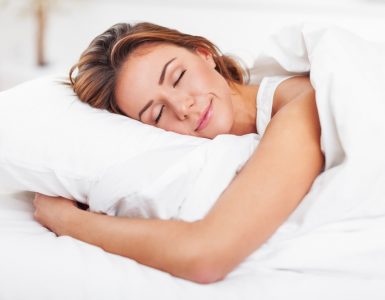(Valerina officinalis)
Botanical family: Valerianaceae
Parts used: Rhizome (underground stem), root
Main active constituents: Valepotriates, valerenic acid, valeranone, Gamma-aminobutyric acid
Actions: Antispasmodic, sedative, tranquiliser
Good for: Nervous anxiety, stress and mild insomnia
Available forms: Tablets, teas, tincture
Sometimes described as nature’s tranquilliser, valerian grows wild in North America and Europe although it is also cultivated for medicinal purposes. It boasts pinkish flowers that grow from a tuberous rootstock or rhizome. It has a distinctive rather unpleasant smell and was aptly called ‘phu’ by the Greek physician Galen!
History of Valerian
Valerian has been taken for centuries to treat nervous anxiety, reduce muscle tension and relieve mild insomnia. Nicholas Culpepper, the famous 17th century herbalist, along with many old writers recommended the use both of herb and root, and praised valerian for its longevity and many comforting virtues.
Current uses of Valerian
Valerian contains several unique substances, such as valerenic acid and valeranon that have a central and muscle relaxant action that is particularly effective in treating stress and anxiety. It is one of the first herbs to consider if looking for a remedy to ease anxiety and panic attacks.
INSOMNIA
On its own or as an ingredient in herbal sleep remedies, valerian can help to beat insomnia and improve sleep quality. It is especially valued for its lack of side effects compared to more conventional sleep remedies, which can leave you feeling groggy and tired in the morning. It is non- addictive and works by calming the brain and body rather than inducing sleep directly so sleep can occur naturally.
Valerian is often combined with other herbs such as lemon balm and hops, both of which are well known for their calming properties.
How to take Valerian
For insomnia you need to take 1,600mg a day. Many valerian tablets contain around the equivalent of 400mg valerian root so you need to take four tablets for a refreshing night’s sleep.For stress you need to take up to 2,400 mg a day, in divided doses throughout the day.
Valerian needs to be taken regularly for several weeks before you can expect to see an improvement in mild insomnia.
Watchpoints
Valerian enhances the action of sleep-enhancing drugs so should not be taken at the same time as sleeping pills or tranquillisers, although it can be combined with other herbs such as camomile, melissa or passionflower.Do not take if you are pregnant or breast-feeding.
Valerian should not be taken before driving or any other situation where you need to be alert.
Valerian is not suitable for children.
Try this
Valerian can be found in NiteHerb (a traditional herbal medicinal product used for the temporary relief of sleep disturbances due to symptoms of mild anxiety based on traditional use only) and Bonuit Sleep Aid (a traditional herbal medicinal product used for the temporary relief of sleep disturbances due to symptoms of mild anxiety, based on traditional use only).






